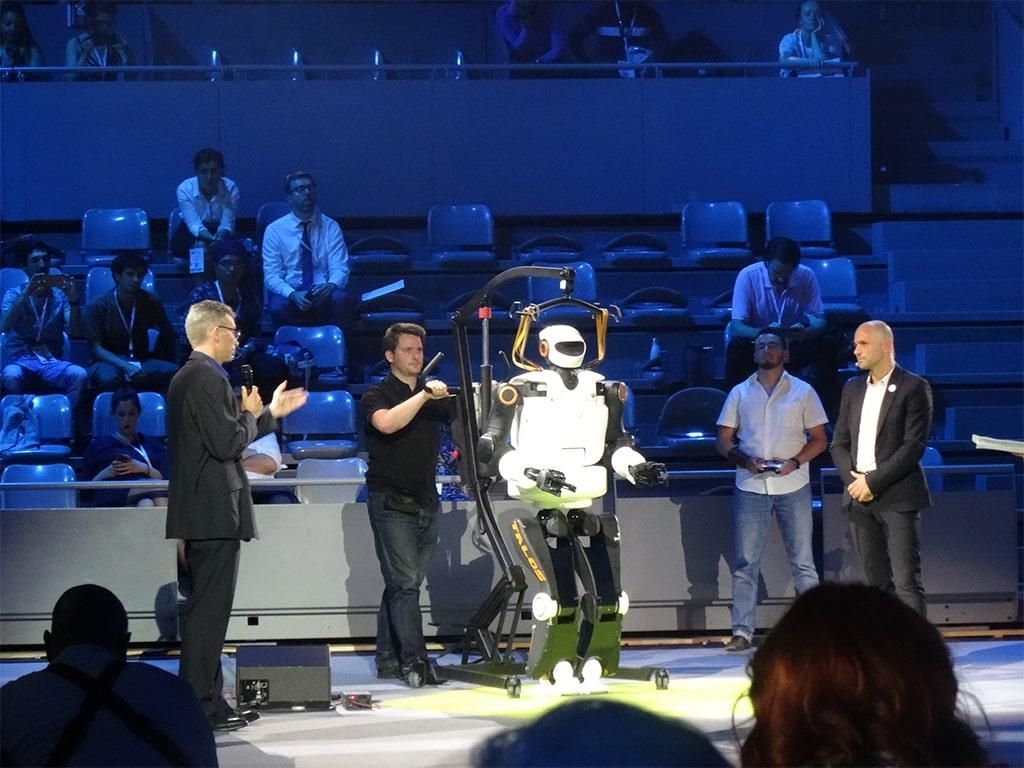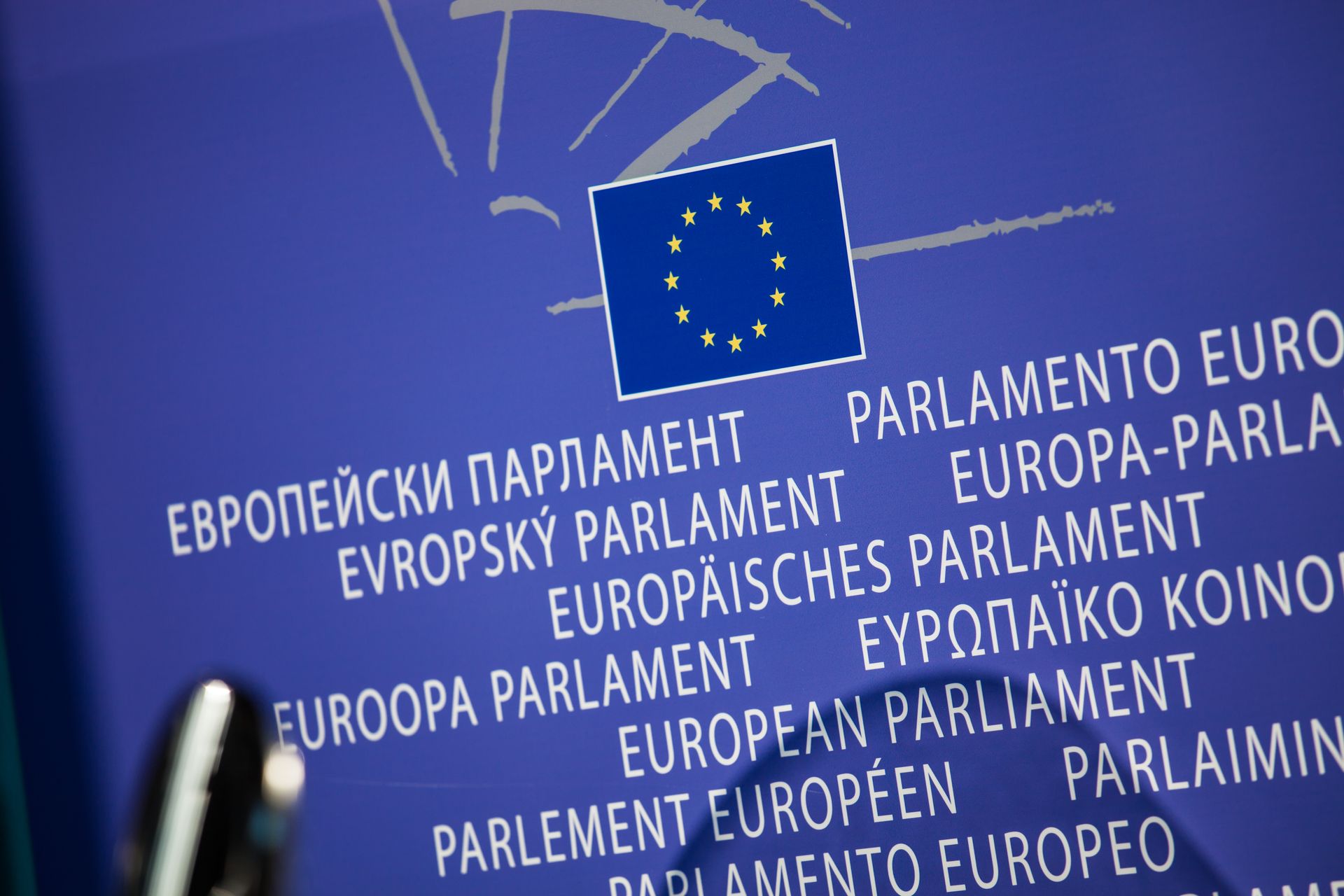European City of Science
Title awarded to a european city
Integrate Science into the local ecosystem
Engage citizens
European city of science
The label, European City of Science (ECoS) is awarded by EuroScience to cities which show an outstanding performance in integrating science and higher education in their urban ecosystem.
Deadline: 31 December 2023, 23:59 CET
About the European City of Science
A city named European City of Science (ECoS) presents innovative concepts for integrating science and higher education into the local ecosystem and increases the engagement of citizens.
The title is awarded periodically to a city located in a member state of the Council of Europe. The ECoS label intends to create a heterogeneous, open, inclusive, and innovative class of citizens. It should generate and own knowledge but also invent ideas and products.
The title aims to reach the following goals at local, regional, national, and European level:
* On the local level:
- Foster inclusion of scientific and higher-education institutions into the urban development strategy of a city;
- Foster interaction, dialogue and co-creation between the scientific community and the wider citizenship of a city.
* On the regional and national level:
- Establish or reinforce the city as a flagship and ambassador of the regional and scientific tradition, scientific system and scientific community.
* On the European level:
- Raise the profile of the city in European research;
- Highlight diversity in the European research landscape;
- Contribute to the development of a common European culture in science;
- Increase cohesion in research on the European continent.
What does this mean practically?
The European City of Science gives the opportunity to citizen’s, adults and children as well as scientists, researchers and research professionals to get together in one place to exchange and learn more about Science and Technology. The programme is based on their particular interests, notwithstanding their cultural, societal, educational, demographical etc. backgrounds.
It offers a large range of activities to learn more about different scientific themes and topics and experience it for everyone interested in science:
- Exhibitions
- Fairs
- Hands-on Experiments
- Societal Projects
- And much more!
The last European City of Science, Leiden, in the Netherlands, offered a 365-day programme to connect Science and Society. It was the first European City of Science to increase the public engagement with Science during a full year. Find more Information here.
The next European City of Science will be Katowice, Poland in 2024.

Is your city eligible?
If your city is located within a member state of the Council of Europe, you are eligible to become a European City of Science. The size of the city is not itself a criterion for selection but your city must host a scientific or higher education institution which must be associated with the application.
Contact us for more information about the designation process!
The past European Cities of Science have been: Stockholm (2004), Munich (2006), Barcelona (2008), Turin (2010), Dublin (2012), Copenhagen (2014), Manchester (2016), Toulouse (2018), Trieste (2020) and Leiden (2022).
More EuroScience Projects and Events
-
ESOF
ButtonA transdisciplinary Forum as inspirational melting pot which generates new ideas and actions for the future of science.
-
ESPF
ButtonA Forum to raise awareness and offering a platform for discussion on highly contemporary topics regarding science policy on a European level.
EU Projects
Find out more about the latest EU Projects EuroScience is part of!




